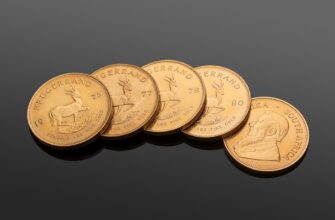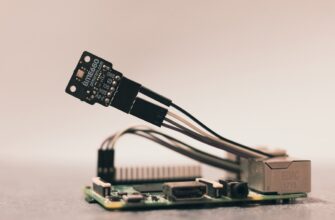- Introduction: Navigating Crypto Through an Islamic Lens
- Core Islamic Finance Principles
- Arguments for Crypto Being Halal
- Arguments for Crypto Being Haram
- Key Factors Influencing Permissibility
- Halal Crypto Investment Guidelines
- FAQ: Is Crypto Halal or Haram?
- Is Bitcoin halal according to Islam?
- Can Muslims mine cryptocurrency?
- Is staking crypto considered riba?
- Are NFTs halal?
- Conclusion: Personal Due Diligence is Key
Introduction: Navigating Crypto Through an Islamic Lens
The rise of cryptocurrency has sparked intense debate among Muslims worldwide: is crypto halal or haram? With over 1.8 billion Muslims globally and crypto adoption growing, understanding its compliance with Shariah principles is crucial. This article examines cryptocurrency through Islamic finance fundamentals, exploring scholarly opinions, key concerns, and practical guidance for ethical participation.
Core Islamic Finance Principles
Islamic finance operates under strict ethical guidelines derived from the Quran and Sunnah. Three critical concepts determine if crypto is halal:
- Riba (Interest): Absolute prohibition of interest-based transactions.
- Gharar (Excessive Uncertainty): Ban on speculative deals with ambiguous terms.
- Haram Activities: Forbids investments tied to illicit industries (e.g., gambling, alcohol).
- Asset-Backed Value: Requires tangible underlying value in transactions.
Arguments for Crypto Being Halal
Proponents highlight these Shariah-compatible aspects:
- Decentralization: Avoids traditional banking systems reliant on riba.
- Utility as Digital Property: Classified as “mal” (property) with transactional use cases.
- Transparency: Blockchain’s public ledger reduces deception (gharar).
Notably, Indonesia’s National Ulema Council and scholars like Mufti Muhammad Abu-Bakar deem Bitcoin halal when used for legitimate trade.
Arguments for Crypto Being Haram
Opponents raise significant concerns:
- Speculation & Gambling (Maysir): Extreme volatility mirrors gambling, prohibited in Islam.
- Lack of Intrinsic Value: Unlike gold or real estate, crypto isn’t backed by physical assets.
- Illicit Use Cases: Anonymity enables haram activities like money laundering.
Turkey’s Diyanet and Egypt’s Grand Mufti have issued fatwas against Bitcoin, citing these risks.
Key Factors Influencing Permissibility
Not all cryptocurrencies receive equal rulings. Consider these variables:
- Purpose & Function: Coins enabling halal services (e.g., Islamic finance platforms) fare better.
- Staking Mechanisms: Earning interest via staking often violates riba prohibitions.
- Market Behavior: Trading based on speculation rather than utility increases gharar.
Halal Crypto Investment Guidelines
If engaging with crypto, Muslims should:
- Prioritize tokens with real-world utility (e.g., Ethereum for smart contracts).
- Avoid leverage trading, futures, and interest-yielding products.
- Calculate and pay Zakat on holdings if exceeding nisab threshold.
- Use Shariah-compliant exchanges like Wahed or Islamic Coin.
FAQ: Is Crypto Halal or Haram?
Is Bitcoin halal according to Islam?
Opinions differ. Some scholars permit it as digital property, while others prohibit it due to volatility and speculative trading. Context of usage is critical.
Can Muslims mine cryptocurrency?
Mining may be halal if energy costs are transparent and profits aren’t derived from haram activities. However, excessive electricity consumption raising environmental harm could violate Islamic stewardship principles.
Is staking crypto considered riba?
Most scholars classify staking rewards as riba since they mimic interest, making it haram. Exceptions exist for tokens with governance-based rewards (non-monetary).
Are NFTs halal?
NFTs representing halal digital art or intellectual property are generally permissible. Avoid NFTs tied to gambling, pornography, or haram imagery.
Conclusion: Personal Due Diligence is Key
The question “is crypto halal or haram” lacks a universal answer. Rulings vary based on cryptocurrency type, usage intent, and scholarly interpretation. Muslims should consult qualified Islamic finance experts, assess individual coins against Shariah principles, and prioritize ethical engagement. As blockchain technology evolves, ongoing dialogue between scholars and innovators remains vital for halal-compliant solutions.








